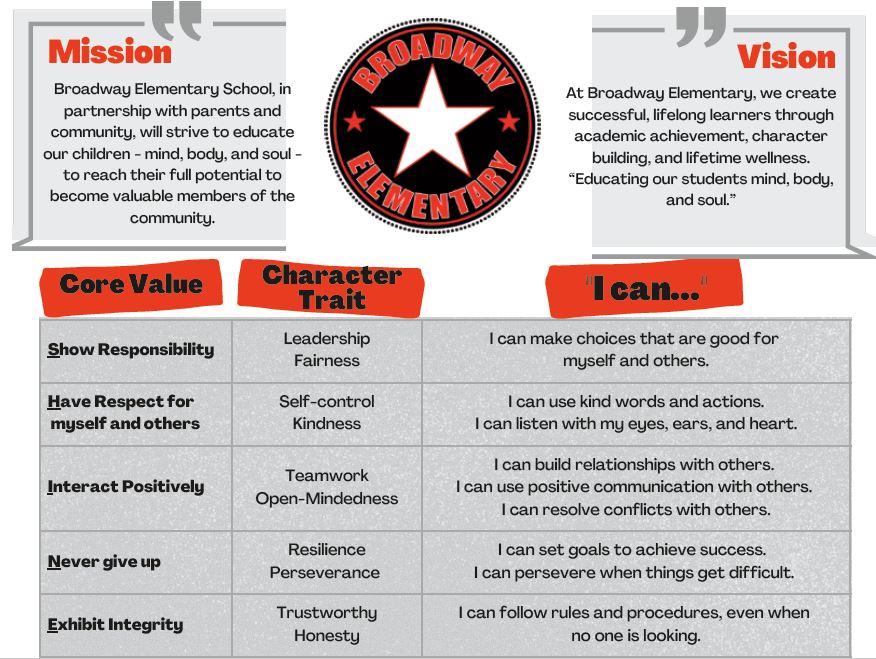Texas Education Agency – School Counseling
School counselors offer services designed to increase student wellness, improve academic performance, and increase participation in postsecondary education. School counselors support students in their academic, career, and social-emotional development. They help students achieve success in school, pursue post-secondary opportunities, and lead healthy, fulfilling lives. A school counselor works with school faculty and staff, students, parents, and the community to plan, implement, and evaluate a comprehensive school counseling program. The four components of a comprehensive school counseling program are: Guidance Curriculum, Individual Student Planning, Responsive Services, and System Support.
Guidance Curriculum
Through a guidance curriculum, a school counselor guides students in developing their full educational potential and serves as a critical Tier I support for all students. This curriculum helps students develop competencies that align with the knowledge, attitudes, and skills appropriate for their developmental level.
Individual Student Planning
Through Individual Student Planning, a school counselor guides each student in planning, monitoring, and managing their educational, career, personal, and social development.
Responsive Services
Through the responsive services component, school counselors intervene on behalf of any student whose immediate personal concerns or problems put the student’s continued educational, career, personal, or social development at risk. This can include preventive, remedial, or crisis situations. Responsive services are implemented through individual or small-group counseling, as well as through crisis response.
System Support
System support is the foundation of the comprehensive school counseling program. School counselors plan, organize, implement, manage, and evaluate their school counseling program to increase efficiency and efficacy.

